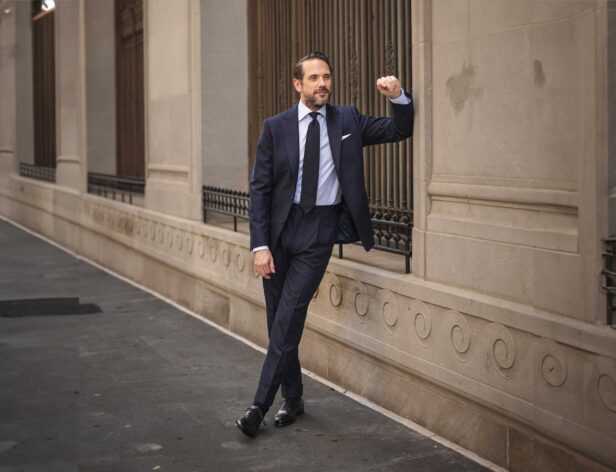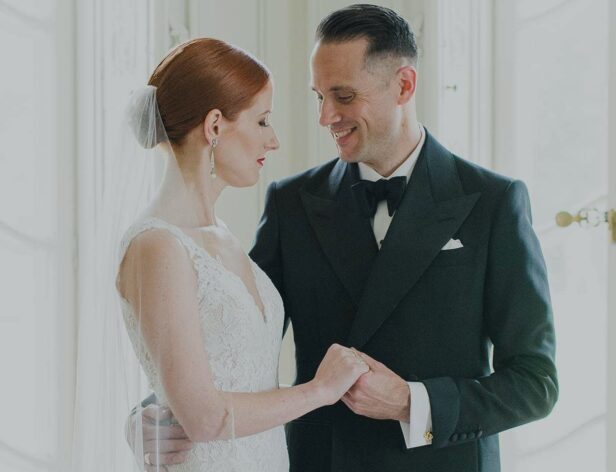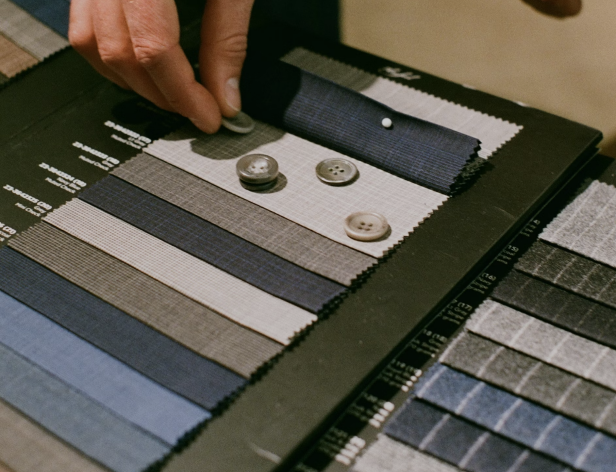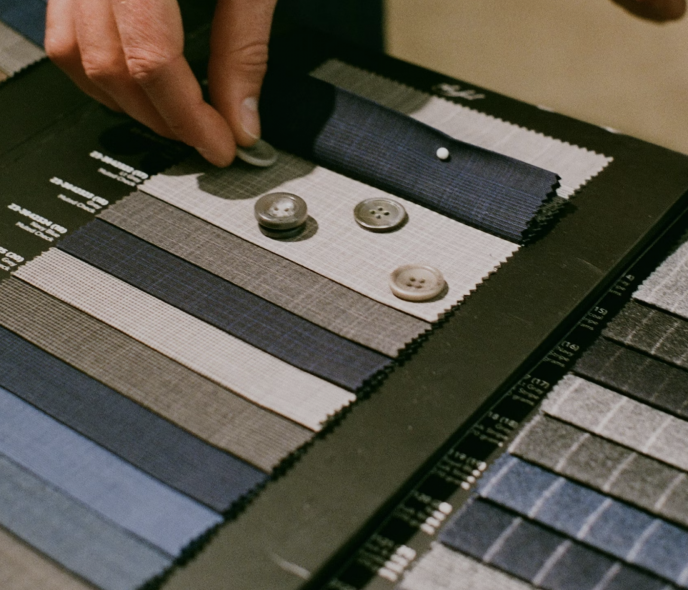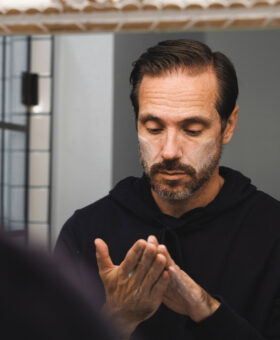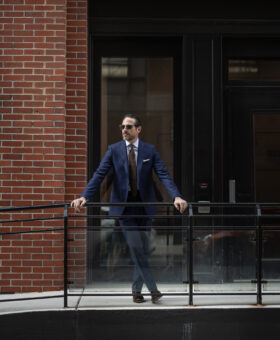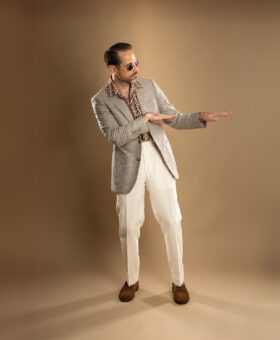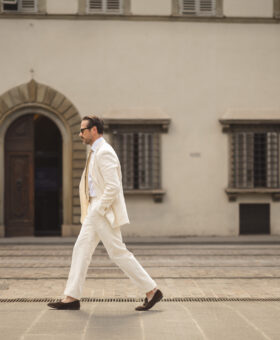
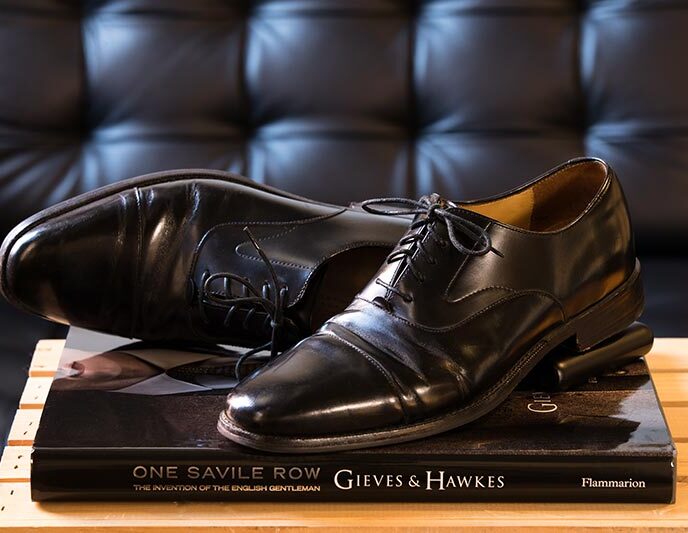
Share
What is an oxford shoe?
In the world of men’s dress shoes, you may have noticed there are a gazillion different specific styles. In general, however, these tend to fall under two classifications: Oxfords and derbies. Like so many other more general menswear categories, the origin of the Oxford shoe is a bit uncertain, though there are two general schools of thought.
The first goes back to Oxford University, where the story is that the shoe style developed from a string of adjustments to the standard formal boots of the 1800s. Obviously, this is where the term ‘Oxford’ comes from, and seems to have stuck.
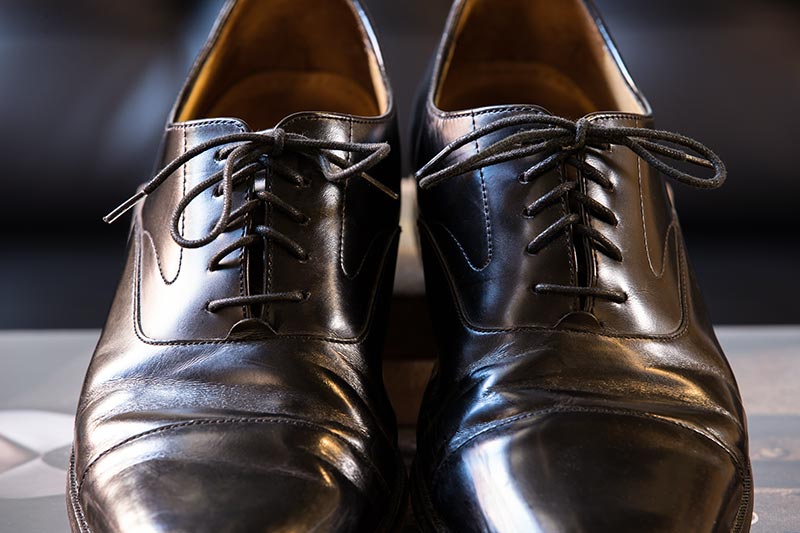
The other side of the story holds that the shoe was developed in Scotland around the same time. These are the folks who call the style ‘Balmoral’ after the Scottish castle of the same name.
Really, though, no one is quite certain, and it doesn’t really matter in the end. What does matter, is what exactly it means when your shoe salesman offers you a classic Oxford.
The difference comes down to a specific method of construction, with Oxfords being created with what’s called closed lacing. All that this means is that the flaps of leather that contain the lacing eyelets are sewn under the vamp rather than on top of it.
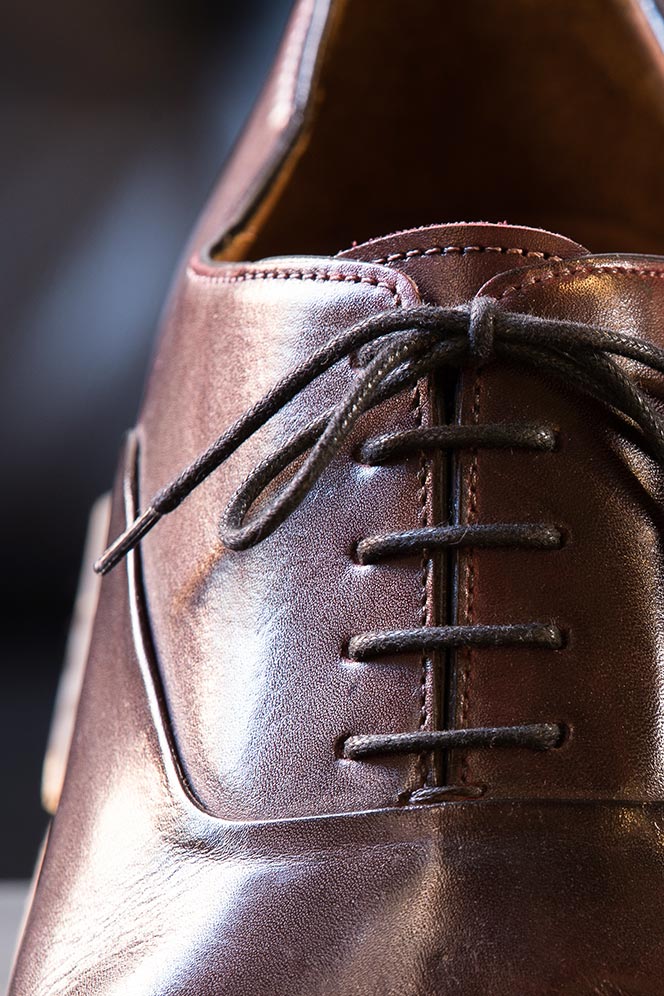
Now, I’ll jump right in with a word of caution. While this is pretty widely the accepted definition of an Oxford shoe, you’ll see the term thrown around willy-nilly with often no regard for the accuracy of its use.
Some folks use the term to designate any formal shoe. Some use the use ‘Oxford’ and ‘Balmoral’ interchangeably, while still others relegate each to an even more specific manner of stitching.
In France, neither term is used, and closed-lacing shoes are called ‘Richelieu,’ which is appropriately super-French. Really though, as long as you understand the association with closed lacing, you’ve got all the info you need.
As far as styling goes, an Oxford is generally considered a more formal shoe – or more accurately, formal occasions usually call for an Oxford over a derby. By nature of the more confined construction, an Oxford shoe is just naturally a bit sleeker.
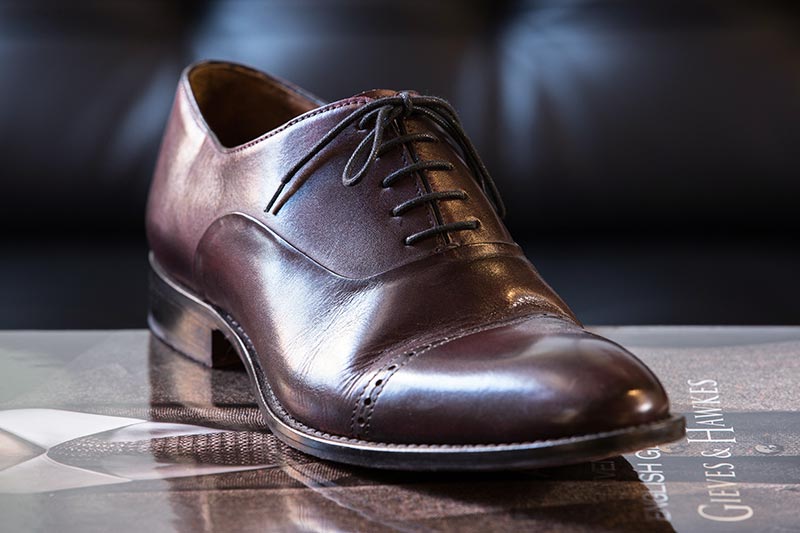
Once laced, the visual effect of the closed lacing is that the shoe almost looks like a single piece of leather, with the distinctions between the different panels made very subtle. Designers also tend to embrace that sleekness and use more elegant lasts and other details when constructing their Oxfords.
Beyond that, you’ll find Oxfords of all styles, from boots to brogues to cap-toes and so forth. Sure, the ‘standard’ is often considered a single-stitched cap-toe, but at the same time wingtip brogues tend to be Oxfords rather than derbies, and both are hardly steadfast rules.
Instead, Oxford is really rather an umbrella term, with all the other classifications falling under it.
Thanks for reading.
Stylishly Yours,
Adam Lehman
He Spoke Style
Photography by Rob McIver Photo
